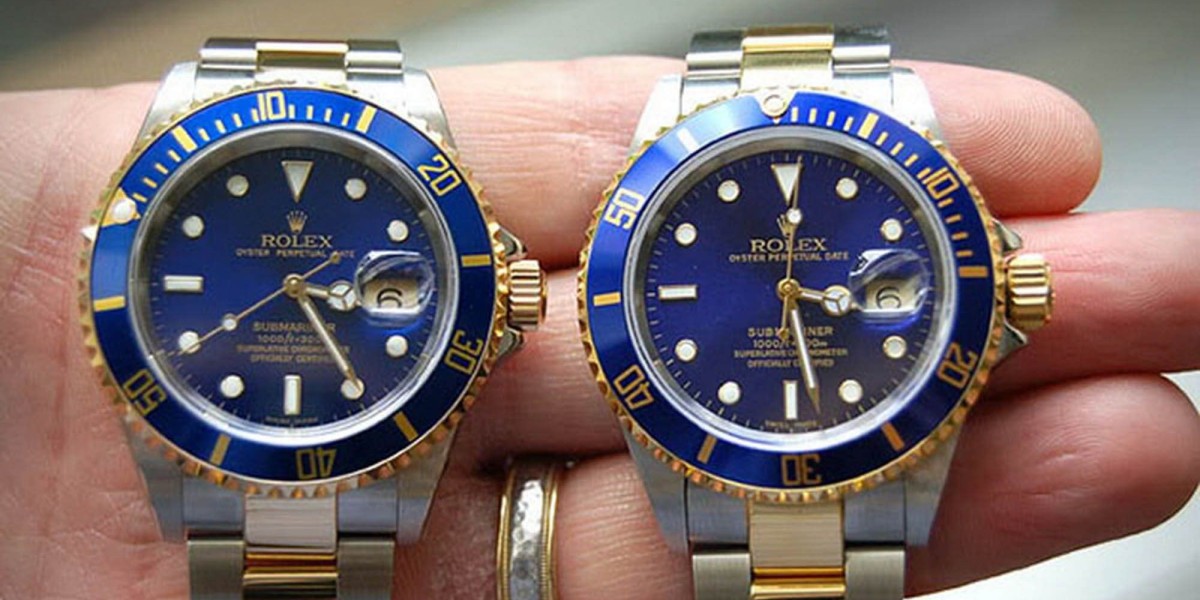Introduction
Replica Rolex watches have become a popular choice among consumers looking for high-quality timepieces at more affordable prices. However, there has been ongoing debate about the legality of owning and selling replica watches, particularly when it comes to luxury brands like Rolex. In this article, we will explore the legal implications of owning replica Rolex watches and whether or not they are considered illegal.
Background
Rolex is a Swiss luxury watch brand that is well-known for its high-quality and exclusive timepieces. The brand has a long history of producing some of the most sought-after watches in the world, which has led to a demand for replica versions of their watches. Replica fake rolex bangkok watches are often sold at a fraction of the cost of the authentic versions, making them appealing to consumers who want the look and feel of a luxury watch without the high price tag.
However, the production and sale of replica watches, including replica Rolex watches, have raised questions about copyright infringement and intellectual property rights. Rolex has taken legal action against manufacturers and sellers of replica watches in the past, arguing that the design of their watches is protected by copyright and trademark laws. As a result, there is ongoing debate about whether owning and selling replica Rolex watches is illegal.
Legal Implications
In many countries, owning a replica watch is not necessarily illegal. However, the production and sale of replica watches can be a violation of copyright and trademark laws. Rolex, like many other luxury brands, has specific design elements and features that are trademarked, making it illegal to reproduce and sell exact copies of their watches without permission.
In some cases, owning a replica watch with the intent to sell it can be considered illegal, as it can be seen as infringing on the intellectual property rights of the original brand. Additionally, selling replica watches as authentic Rolex watches is also illegal and can lead to legal action by the brand.
It is important for consumers to be aware of the legal implications of owning and purchasing replica Rolex watches. While owning a replica watch for personal use may not lead to legal action, selling or distributing replica watches can result in legal consequences. It is always best to purchase watches from authorized dealers to ensure that they are authentic and legally obtained.
Enforcement
Enforcing copyright and trademark laws in the watch industry can be challenging, as replica watches are often produced and sold in countries with lax intellectual property laws. However, luxury brands like Rolex are known for actively pursuing legal action against manufacturers and sellers of replica watches.
In recent years, Rolex has filed numerous lawsuits against companies selling replica watches, particularly online. The brand has been successful in shutting down websites and businesses that sell counterfeit Rolex watches, often resulting in hefty fines and legal consequences for those involved in the production and sale of replica watches.
Consumers should be cautious when purchasing replica watches, as they may unknowingly be supporting illegal activities. By buying replica watches, consumers are not only potentially breaking the law but also undermining the integrity and reputation of the original brand.
Conclusion
In conclusion, owning and selling replica Rolex watches can have legal implications, particularly when it comes to copyright and trademark laws. While owning a replica watch for personal use may not be illegal in many countries, selling or distributing replica watches can lead to legal action by luxury brands like Rolex. It is important for consumers to be aware of the legal risks associated with purchasing replica watches and to always buy from authorized dealers to ensure authenticity and legality. Replica Rolex watches may offer a more affordable alternative to authentic luxury watches, but the legal risks and consequences should not be ignored.








